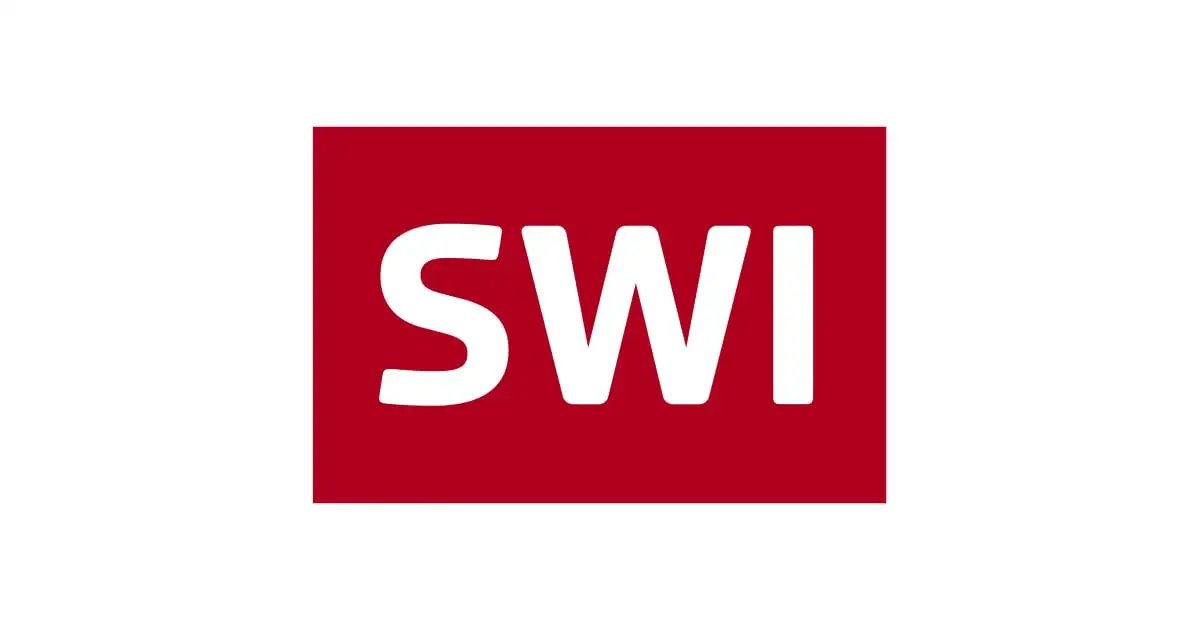MUMBAI, Aug 2 (Reuters) – The Indian rupee slipped to a record low on Friday, as local stocks declined tracking a global equity sell-off caused by concerns of a slowdown in the United States and rising geopolitical tensions in the Middle East.
The rupee closed down 0.04% at 83.75 against the U.S. dollar on Friday, its weakest closing level, after hitting an all-time low of 83.7525 earlier in the session. The currency was nearly flat week-on-week.
Futures indicated that the S&P 500 would open more than 1% lower after declining in the previous session.
The rupee is expected to continue depreciating gradually and trade in a 83.57-83.77 range with RBI interventions limiting volatility, said Dilip Parmar, a foreign exchange research analyst at HDFC Securities.
The dollar index was down over 0.2% at 104.1 while most Asian currencies gained between 0.1% to 1.6%.
It has slipped to record lows in seven of the last 10 sessions, including Friday.
The central bank “may want to avoid a loss of competitiveness by buying USD to prevent undue strength in the INR, especially as India attempts to move its economy up the value chain”, Barclays Bank said in a note.
The country’s foreign exchange reserves rose by $15 billion to a record high of $670.8 billion between the weeks ending June 7 and July 19.
Sign up here.
Reporting by Jaspreet Kalra; Editing by Mrigank Dhaniwala; Editing by Varun H K
Our Standards: The Thomson Reuters Trust Principles.







